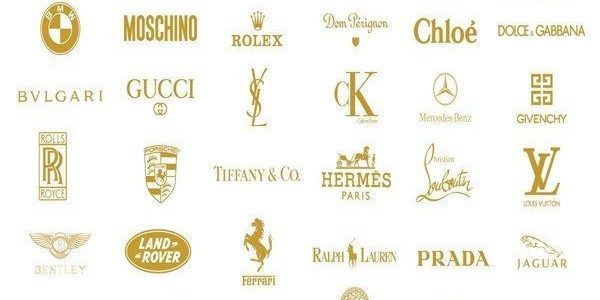On 26 July2017 the Advocate General (AG) Wahl delivered his Opinion in Coty Case C-230/16. It provides guidance on the legality of online sales bans in selective distribution agreements in the EU and their justification under the “luxury image” argument.
Highlights of the case
The Court of Justice of the EU (CJEU) is currently reviewing Coty case upon the German court application for a preliminary ruling. The dispute under appeal is between Coty Inc. (“Coty”) and Parfümerie Akzente GmbH (“Akzente”, an authorized offline distributor of Coty). Coty is suing Akzente in the German court for violating a condition under the selective distribution agreement that prohibits Akzente from selling Coty’s luxury products (under brands Marc Jacobs, Calvin Klein and Chloe) on open third party online platforms (e.g. Amazon.de).
Online platforms: supplier vs distributor
Online platforms may be regarded as an innovative format of distribution. They have shaped the relationship between the suppliers and distributors. While online platforms provide additional commercial opportunities for distributors, suppliers tend to resort to online sales bans to protect their products from low-cost competition and free-riding. On the one hand, luxury brand owners do have a right to protect their image and exclusivity by doing so; on the other hand, this may put small businesses in a disadvantaged position (since online platform are considered ‘key outlets’ for SMEs).
Assessment and “luxury image” justification
Currently it is not clear whether bans in relation to sales on third party online platforms in selective distribution systems shall be treated as a per se restriction of competition law; and whether a ‘luxury image’ argument may justify any possible restrictive effect.
Following antitrust probes into online sales restrictions of Adidas in Germany and France, the competition authorities came to conclusion that producer cannot prohibit an authorised reseller from selling its products online by relying on the quality standard justification (Adidas had to modify its selective distribution contracts and online sales policy accordingly). Similar position was taken by the CJEU in Pierre Fabre Case C-439/09, stating that prohibiting distributors of cosmetics products company from selling its products via the Internet amounts to a restriction of competition ‘by object’, which is not justified by the need to maintain the prestigious image of the products at issue.
Luxury image’ argument that is relied upon by Coty in this case implies that the manufacturer of branded goods shall be able to safeguard the image and prestige of its luxury brand(s), among other, by way of restricting online sales of its distributors on third party’s platforms. ‘An aura of luxury’ justification was earlier confirmed by the CJEU in Dior Case C-59/08, whereby ‘the proprietor of a trade mark can invoke the rights conferred by that trade mark against a licensee who contravenes a provision in a licence agreement prohibiting, on grounds of the trade mark’s prestige, sales to discount stores […], provided it has been established that that contravention […] damages the allure and prestigious image which bestows on them an aura of luxury.’
In AG Wahl’s opinion:
A selective distribution agreement aimed at preserving the brand image of a product is outside the scope of Article 101(1) TFEU if the conditions set out by the Court in Metro case are justified;
Online marketplace ban is acceptable in the context of a selective distribution agreement – and as such not restrictive by object.
This reasoning seems to be logical and there are high chances the Court will support it by permitting such online sales bans under the ‘luxury image’ justification.
Concluding remarks
Considering the above, the CJEU’s ruling on this issue will be significant. The CJEU is expected to give its preliminary ruling and, hence guidance on (i) whether the supplier under the selective distribution agreements can prevent distributors from selling its products via third party online platforms; (ii) whether the online sales bans amount to a restriction of ‘passive sales’, and (iii) whether it may be justified by the need to protect the image and prestige of the luxury brands. We will keep you updated on this important issue. There are high chances that the CJEU will permit such online sales bans under the ‘luxury image’ justification, in addition to possibly other conditions that are common for the selective distribution systems. The question is how to precisely identify which goods are luxury and prestigious to be able to benefit from the ‘luxury image’ justification…
Hanna Stakheyeva








